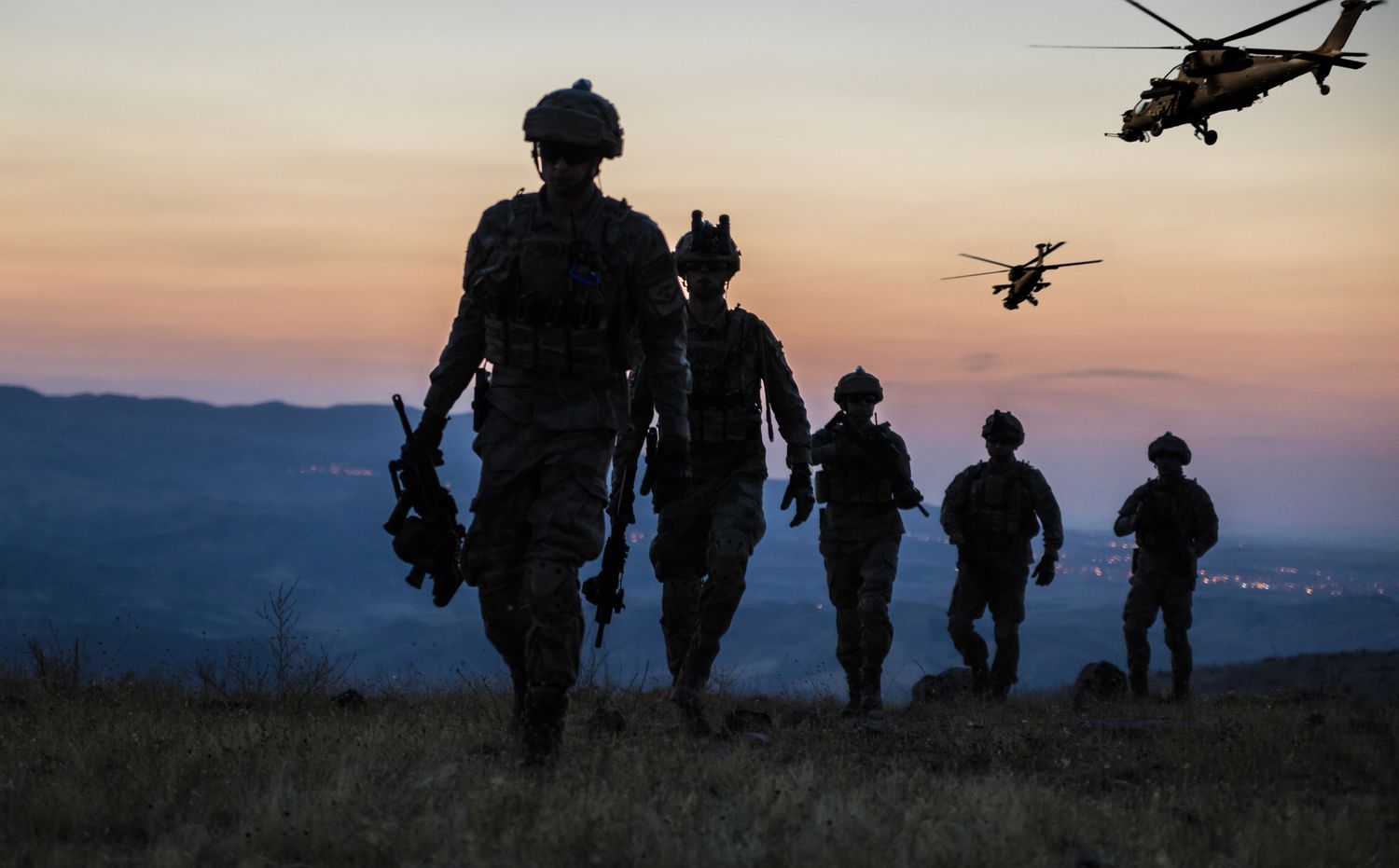
The Influence of UP on National Security and Policy Decisions
- admin
- October 19, 2025
- National Security, Policy, Politics
- 0 Comments
Lucknow, 2025 — Uttar Pradesh (UP) not only stands as India’s most populous state but also as a significant influencer in national security and policy decisions. Given its strategic geographic location, demographic complexity, and political weight, UP’s regional security dynamics have far-reaching implications for India’s overall security posture. This article explores how UP’s unique challenges and strengths impact national security strategies and policy formulations.
Strategic Importance in National Security
- Geopolitical Position
- Border Proximity: UP’s proximity to Nepal and its historical and cultural ties with regions like Bihar and Jharkhand, which have faced insurgency issues, make it pivotal in border security and anti-insurgency operations.
- Internal Security: The state’s internal security dynamics, influenced by communal tensions and crime rates, necessitate robust law enforcement strategies that often serve as models for national security policies.
- Population Density and Diversity
- Management Challenges: UP’s dense and diverse population presents unique security challenges that test public safety and emergency response strategies. These challenges often lead to innovations in crowd management, surveillance, and community policing.
- Community Engagement: Effective strategies developed in UP for fostering community cooperation in maintaining peace are sometimes adapted for use in other sensitive regions of India.
Impact on National Policy Formulations
- Counterterrorism and Law Enforcement
- Policy Testing Ground: Initiatives like integrated command and control centers and community outreach programs aimed at preventing radicalization are often first implemented in UP due to its complex social fabric.
- Legislation Influence: Successful security measures in UP can lead to amendments in national security laws, influencing broader counterterrorism policies.
- Disaster Management and Preparedness
- Natural Disasters: As a state prone to floods and other natural calamities, UP’s disaster management strategies, including early warning systems and rapid response protocols, contribute to shaping national disaster management policies.
- Resource Allocation: Insights gained from managing disasters in UP influence how resources are allocated and managed at the national level, ensuring better preparedness for future crises.
Contributions to Defense and Military Policies
- Military Recruitment and Training
- Recruitment Hub: UP is one of the largest contributors to the Indian armed forces. The recruitment strategies and training programs developed in UP often set standards for military training across the country.
- Veteran Affairs: Policies for veteran care and reintegration developed in UP can influence national policies due to the high number of veterans residing in the state.
- Strategic Installations and Infrastructure
- Defense Assets: The presence of important military bases and defense manufacturing units in UP impacts national defense strategies, influencing decisions on where to place new assets and how to protect existing ones.
- Infrastructure Development: Investments in UP’s infrastructure, such as highways and airports, not only boost the state’s economy but also enhance national security by improving mobility for defense and emergency purposes.
Challenges and Strategic Moves
- Managing Communal Harmony
- Policy Frameworks: Efforts to manage and foster communal harmony in UP are crucial in preventing conflicts that could impact national stability. These efforts often inform broader national policies aimed at promoting social cohesion.
- Upgrading Surveillance and Intelligence
- Technology Adoption: UP’s adoption of advanced surveillance technologies and data analytics to combat crime and monitor security threats provides a blueprint for national security enhancements.
Conclusion: A Keystone of India’s Security Architecture
Uttar Pradesh’s influence on national security and policy decisions extends beyond its borders, affecting the entire country’s security landscape. From shaping counterterrorism efforts to enhancing disaster management and influencing military strategies, UP’s role as a critical security stakeholder underscores its importance in safeguarding India’s future.



